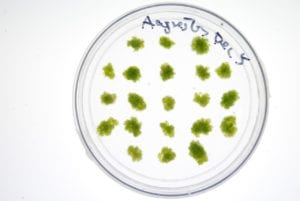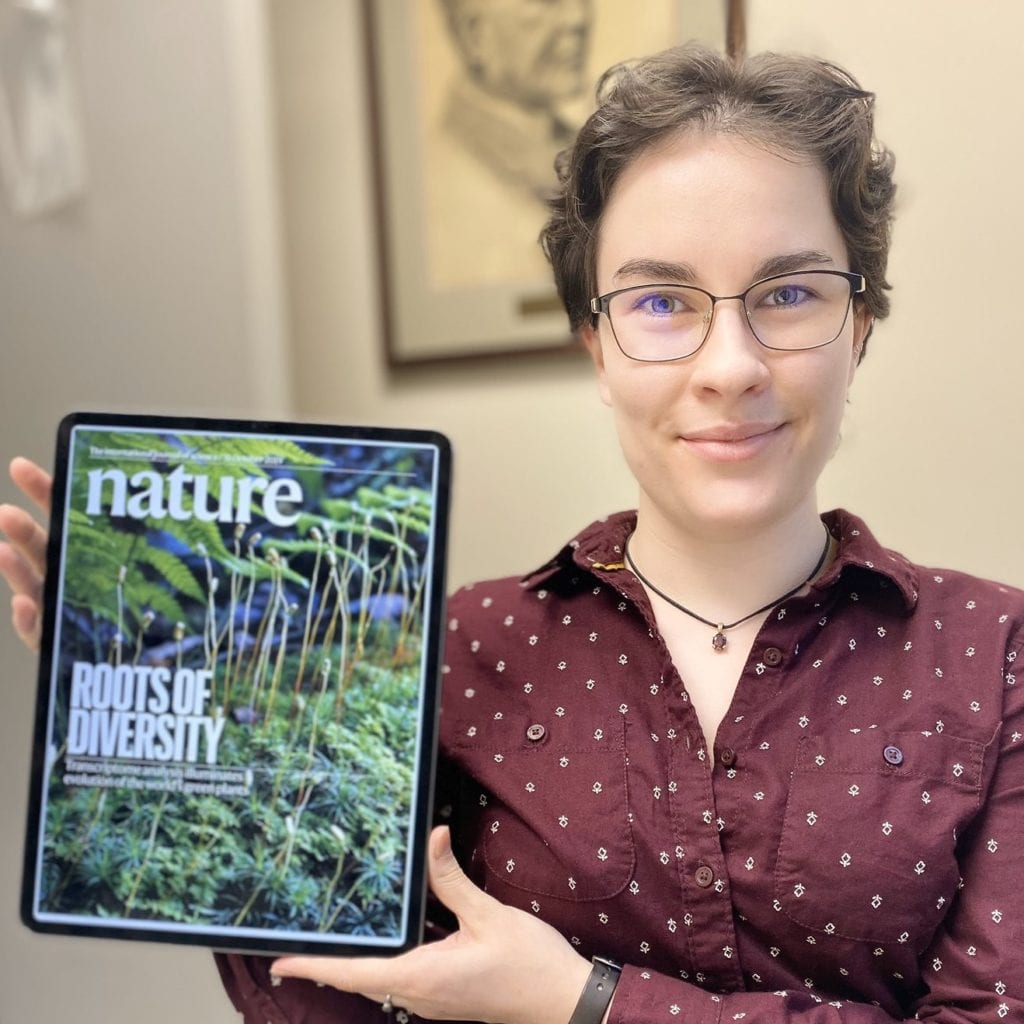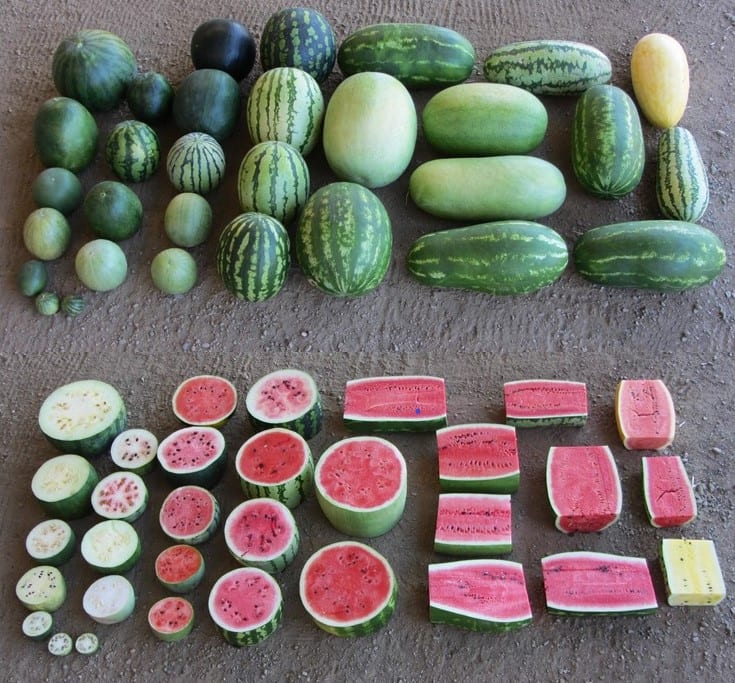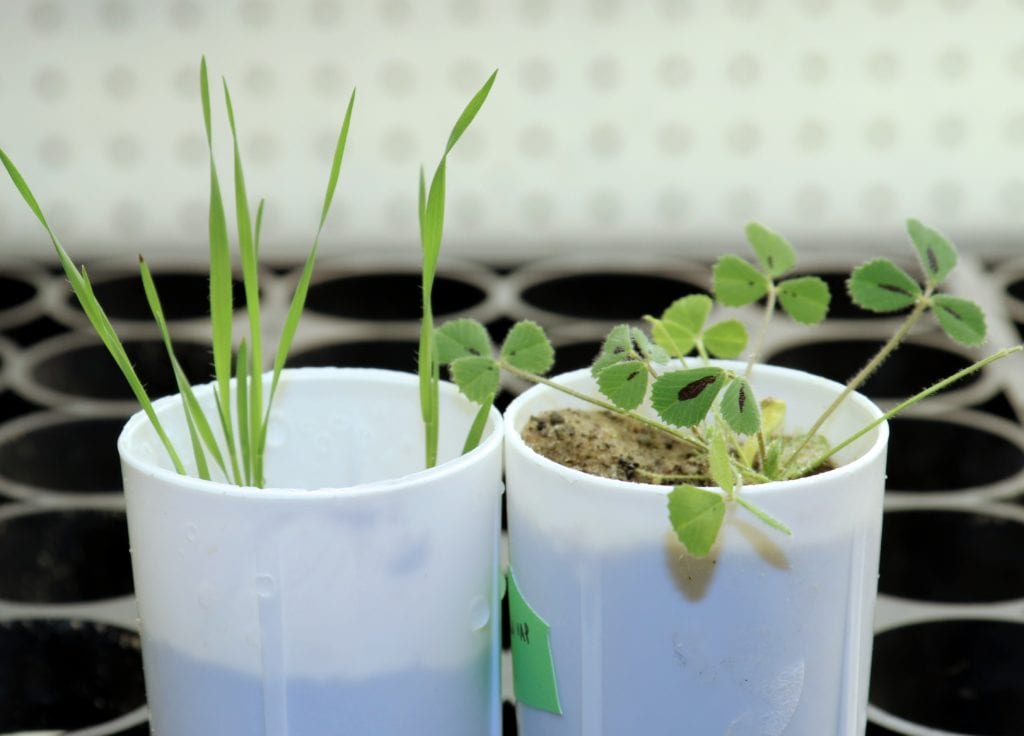For the Media
If you’re a member of the media looking for a compelling story, we can help. Our communications team is ready to help any journalist find the perfect story and accurate information about BTI’s latest discoveries.
Contact
Communications Office or 607-288-2578
For a deeper understanding of Boyce Thompson Institute, please watch the video about our story, view our history, and learn more about what we study.
Our research faculty are available for interviews and expert opinion. View BTI Faculty research areas.
Need a Logo?
Contact the Communications Office to request high-resolution images to accompany media releases.
Latest News
BTI Researchers Publish High-Impact Nature Papers
We would like to congratulate a pair of BTI faculty members who recently published high-impact research papers in the prestigious research journal Nature. Frank Schroeder and colleagues discovered the first clues on how gut health influences brain health. Published...
Harvesting Genes to Improve Watermelons
When many people think of watermelon, they likely think of Citrullus lanatus, the cultivated watermelon with sweet, juicy red fruit enjoyed around the world as a dessert. Indeed, watermelon is one of the world’s most popular fruits, second only to tomato – which...
BTI’s Michelle Heck and Joyce Van Eck Guest on Podcasts
Boyce Thompson Institute is happy to share that two of our faculty members recently appeared as guests on popular podcasts. The content of these podcasts illustrate the breadth of research being done at the Institute to help increase global food security, improve...
BTI Researchers Unlocking Hornworts’ Secrets
Hornworts are a little-studied, ancient group of plants with some very unique biology, including their methods of securing carbon and nitrogen. Unlocking these secrets may help researchers boost agricultural output and use less synthetic fertilizer, as well as...
Plant Gene Discovery Could Help Reduce Fertilizer Pollution in Waterways
Over-fertilization of agricultural fields is a huge environmental problem. Excess phosphorus from fertilized cropland frequently finds its way into nearby rivers and lakes. A resulting boom of aquatic plant growth can cause oxygen levels in the water to plunge,...





















